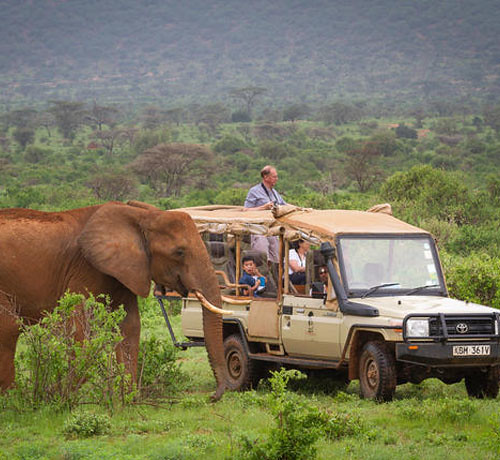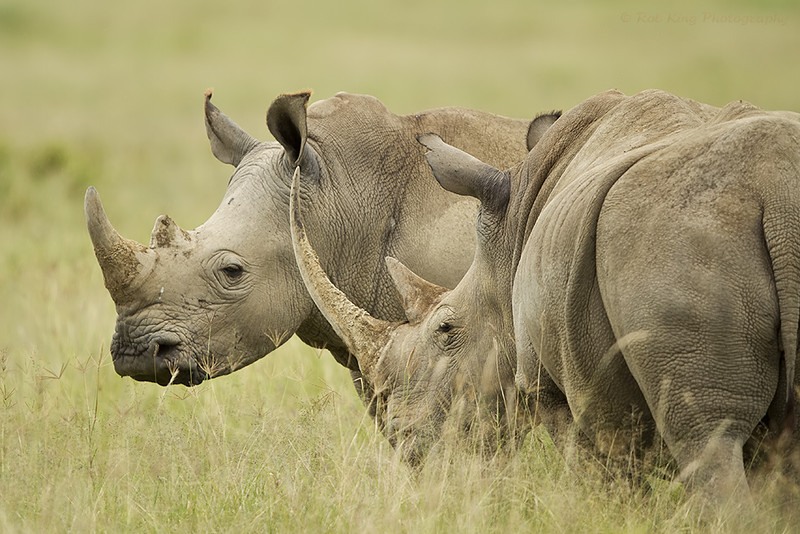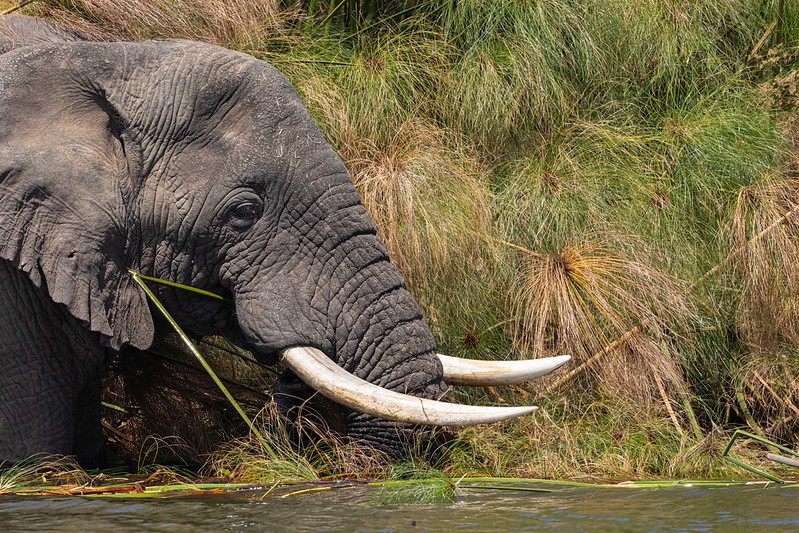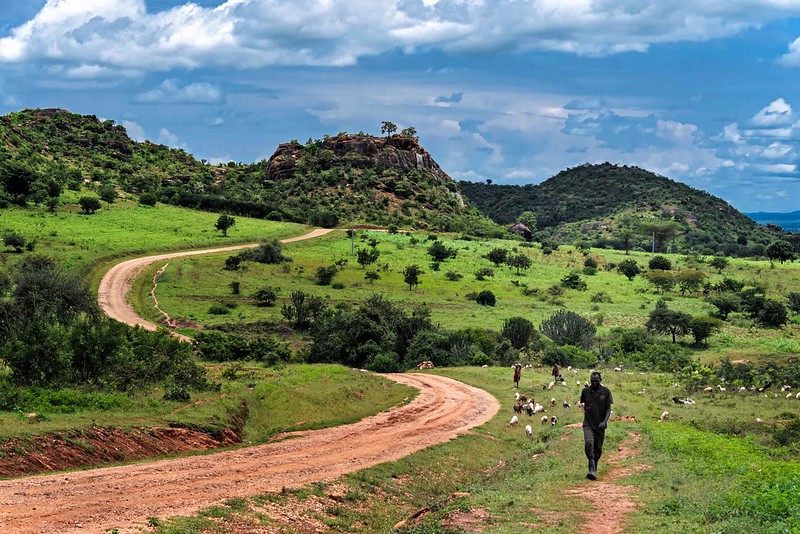Embarking on a safari in Kenya is a thrilling adventure that offers unforgettable wildlife encounters and breathtaking landscapes. To ensure a safe and respectful experience for both travelers and the environment, here are essential tips for responsible tourism:
1. Choose Accredited Tour Operators
When planning your Kenya safari, opt for accredited tour operators and guides who prioritize safety protocols and sustainable practices. Look for All In Afric Safaris so that they ensure that your safari adheres to ethical standards and supports local communities.
2. Respect Wildlife and Their Habitat
Wildlife in Kenya’s national parks and reserves should be observed from a safe distance to avoid disturbing their natural behavior. Follow your guide’s instructions regarding appropriate behavior around animals, such as keeping noise levels low and refraining from feeding or approaching wildlife. Respect protected areas and adhere to designated trails to minimize environmental impact.
3. Practice Responsible Photography
Capture incredible moments on your safari while respecting wildlife and local customs. Use zoom lenses to photograph animals from a distance, avoiding flash photography and loud camera noises that can startle or distress wildlife. Be mindful of cultural sensitivities when photographing local communities, seeking permission before taking pictures of individuals or their homes.
 4. Pack and Dispose of Waste Responsibly
4. Pack and Dispose of Waste Responsibly
Maintain the pristine beauty of Kenya’s natural landscapes by packing out all waste, including plastic bottles, wrappers, and other non-biodegradable materials. Dispose of trash in designated bins or take it back to your accommodations for proper disposal. Minimize single-use plastics by carrying reusable water bottles and eco-friendly products.
5. Respect Local Communities and Cultures
Interact respectfully with local communities you encounter during your safari. Learn about their traditions, customs, and way of life through guided cultural experiences or village visits arranged by responsible tour operators. Support local artisans by purchasing handicrafts or products that contribute to community development and sustainable tourism.
6. Follow Safety Guidelines and Wildlife Regulations
Listen to your guide’s safety briefings and adhere to park regulations at all times. Stay inside vehicles during game drives unless in designated areas. Avoid standing up or making sudden movements that could startle animals. Follow park rules regarding speed limits, noise levels, and wildlife viewing hours to ensure the safety of both visitors and wildlife.
7. Contribute to Conservation Efforts
Support wildlife conservation initiatives by visiting sanctuaries and reserves that prioritize conservation and rehabilitation efforts. Consider donating to reputable conservation organizations or participating in eco-friendly activities that benefit local ecosystems. Your contributions help protect Kenya’s rich biodiversity for future generations to enjoy.
By practicing responsible tourism on your Kenya safari, you can contribute to the preservation of wildlife, support local communities, and ensure a safe and memorable experience for everyone involved. Embrace the spirit of conservation and cultural appreciation to make the most of your adventure in this extraordinary destination.
Error: Contact form not found.


 4. Pack and Dispose of Waste Responsibly
4. Pack and Dispose of Waste Responsibly


